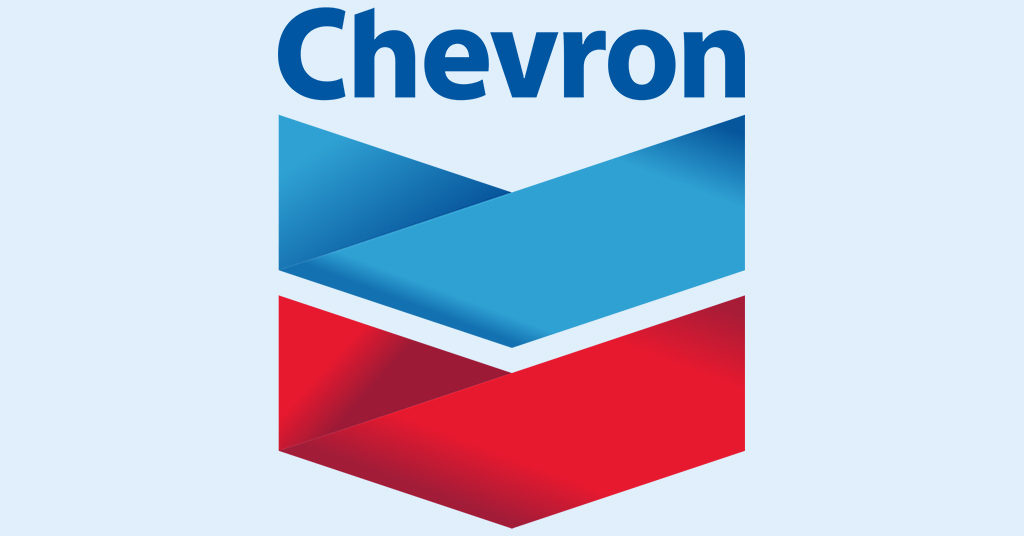Welcome To ChemAnalyst

Oil giant Chevron announced on Tuesday that it is anticipating an accounting impact on part of its U.S. assets, leading to potential losses of up to USD 4 billion in its fourth-quarter results. The impairment specifically pertains to assets located in California, primarily due to ongoing regulatory challenges in the state. Simultaneously, the losses are associated with previously sold oil and gas production assets in the U.S. Gulf of Mexico. Chevron clarified that regulatory hurdles have resulted in lower anticipated future investment levels in its business plans.
Despite these challenges, Chevron expresses its intention to continue operating these assets for many years to come. The company acknowledges the impact of regulatory difficulties on its strategic plans but remains committed to the long-term viability of the affected assets.
The losses incurred are linked to abandonment and decommissioning obligations related to the oil and gas production assets. The entities that acquired these assets filed for protection under Chapter 11 of the U.S. Bankruptcy Code. Chevron anticipates the decommissioning activities to extend over the next decade and believes that a portion of the associated obligations will revert to the company, leading to the recognition of losses.
In total, these actions are expected to result in charges ranging from USD 3.5 billion to USD 4.0 billion in Chevron's fourth-quarter results for 2023. The company plans to categorize these financial impacts as special items, excluding them from adjusted earnings.
Chevron's announcement follows a trend observed in the oil and gas industry, where major players such as Chevron and ExxonMobil reported lower profits in the last quarter compared to the previous year, despite the absolute figures remaining substantial. In October, Chevron's profits stood at USD 6.5 billion, reflecting a 42 percent decrease from the corresponding period the previous year. This decline was attributed to a reduction in commodity prices, following the spike triggered by Russia's invasion of Ukraine.
While both Chevron and ExxonMobil have recently announced significant acquisitions of mid-sized fossil fuel companies, challenges loom on the horizon. ExxonMobil's acquisition of Pioneer Natural Resources for approximately USD 60 billion and Chevron's purchase of oil and gas producer Hess for USD 53 billion signify strategic moves to strengthen their positions in the industry, particularly in the coveted Permian Basin.
However, uncertainties surround the approval process for these acquisitions. Chevron disclosed in a December filing that the Federal Trade Commission (FTC) has requested additional information and materials related to its merger with Hess. The FTC is similarly reviewing ExxonMobil's proposed acquisition of Pioneer Natural Resources. Such regulatory scrutiny is standard when assessing the potential anti-competitive implications of a merger.
As Chevron navigates through these challenges, the industry's landscape remains dynamic, with geopolitical events, commodity price fluctuations, and regulatory considerations playing pivotal roles in shaping the strategies of major players like Chevron and ExxonMobil. The upcoming financial results will shed more light on the impact of these recent developments on Chevron's overall performance.
We use cookies to deliver the best possible experience on our website. To learn more, visit our Privacy Policy. By continuing to use this site or by closing this box, you consent to our use of cookies. More info.
